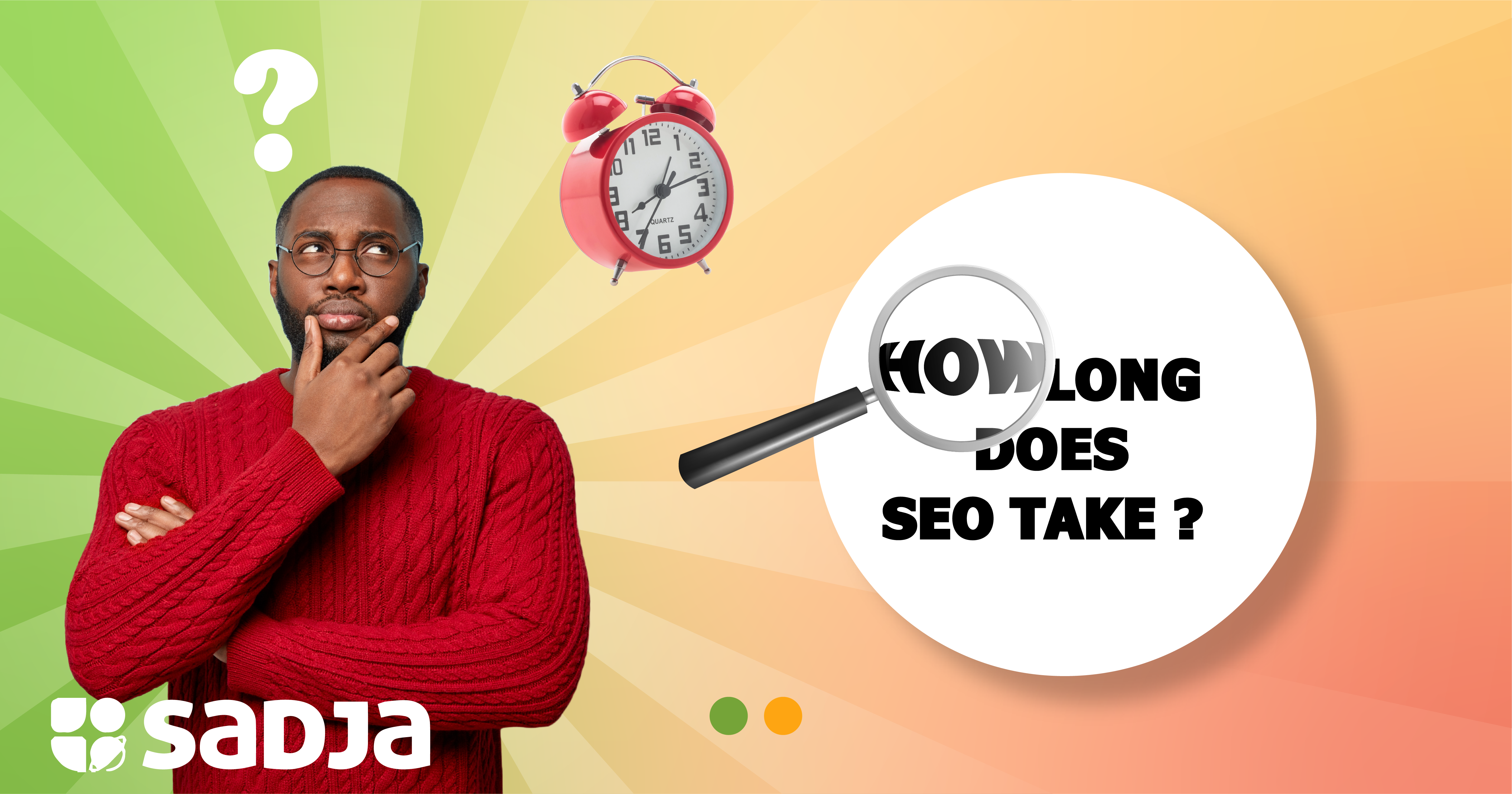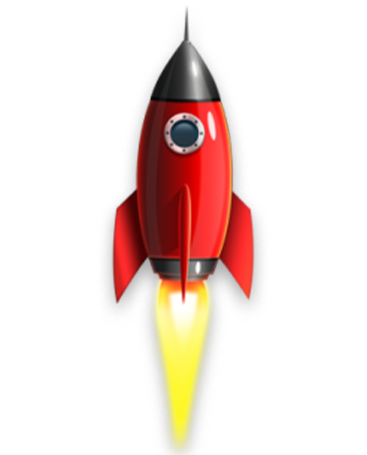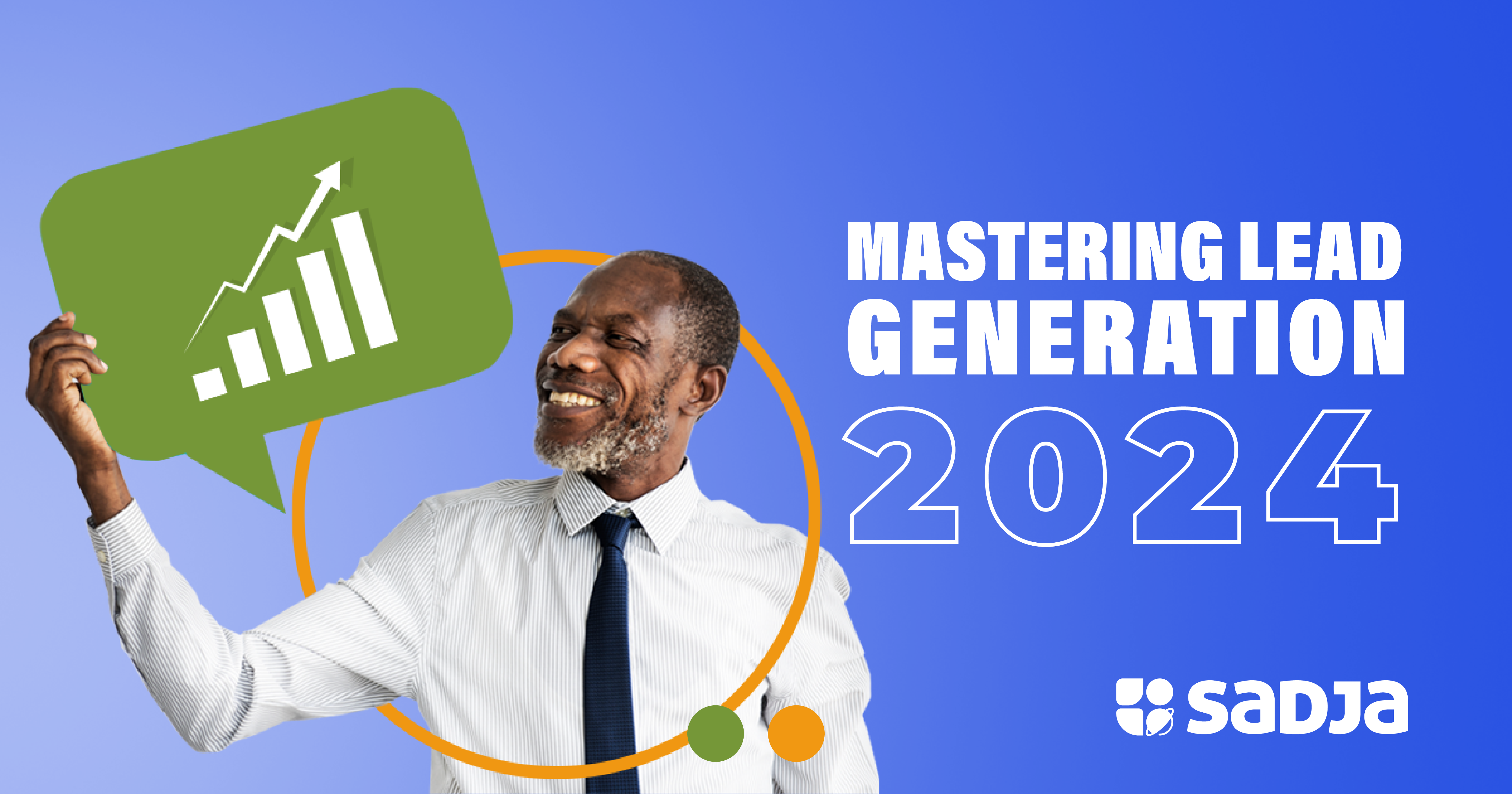Factors Influencing SEO Success
SEO success is measurable. You can tell when you have achieved your intended results. And there are several factors influencing how long you realize that success, including your SEO goals, approach, competition, and resources.
#1 Your SEO Goals
What do you want to achieve with SEO? Most marketers focus on organic traffic, ranking #1 on search engine results pages and lead generation.
 Ranking #1 on SERPs: It’s not surprising to optimize your page and rank on the first page of the SERPs the next day. It means your content is valuable, and the search engine algorithm was able to determine that.
Ranking #1 on SERPs: It’s not surprising to optimize your page and rank on the first page of the SERPs the next day. It means your content is valuable, and the search engine algorithm was able to determine that.
Ranking high is definitely the goal of every business, as it forms the basis for any other goals. But there’s more that goes into maintaining that rank.
 Driving organic traffic to your website: Another goal for SEO is organic traffic. If you want to improve your organic traffic, rank high on the SERPs for keywords targeting your website.
Driving organic traffic to your website: Another goal for SEO is organic traffic. If you want to improve your organic traffic, rank high on the SERPs for keywords targeting your website.
Additionally, you want to ensure visitors reaching your website find it valuable. Search engine algorithms may penalize your website with a low rank when they realize a high bounce rate.
Hence, it takes continuous measuring and improvement to gain consistent results.
 Lead generation: If your SEO goal is to convert your website visitors into buyers, it takes at least six months to see consistent results.
Lead generation: If your SEO goal is to convert your website visitors into buyers, it takes at least six months to see consistent results.
High organic traffic may imply high chances of conversion. However, your conversion rate relies on the relevance of your content and your service/product offering.
It also depends on how easy it is for potential customers to navigate your website and hit that buy button.
#2 Your SEO Approach
So much goes into an effective SEO strategy, including local, on-page and technical SEO.
Here’s an overview of the primary considerations for an effective SEO strategy.
Optimizing your website
You need to optimize your website before directing visitors to the website. Check the following aspects when optimizing your website.
 On-page SEO: Optimize title tags, meta descriptions, headers and images. Use descriptive URLs and link together related pages for easy navigation.
On-page SEO: Optimize title tags, meta descriptions, headers and images. Use descriptive URLs and link together related pages for easy navigation.
 Technical SEO: Ensure your website adopts a structured design, loads fast, has a relevant call to action (CTA) for every page and is optimized for mobile users.
Technical SEO: Ensure your website adopts a structured design, loads fast, has a relevant call to action (CTA) for every page and is optimized for mobile users.
 User experience: Ensure your website employs a world-class design with visual appeals and is user-friendly.
User experience: Ensure your website employs a world-class design with visual appeals and is user-friendly.
 Page load speed: The longest it should take for your website to load is 8.6 seconds. If you can reduce that to 2.5 seconds, the better.
Page load speed: The longest it should take for your website to load is 8.6 seconds. If you can reduce that to 2.5 seconds, the better.
While 47% of users expect a website to load in less than two seconds, 40% leave a website that takes over three seconds to load.
Optimizing your Content
Content optimization entails blog articles, landing pages, and social media content. Ensure you check the following for your content optimization.
 Keyword research: Contact keyword research to understand the search terms your target audience is using. Check the keywords your competitors are ranking for.
Keyword research: Contact keyword research to understand the search terms your target audience is using. Check the keywords your competitors are ranking for.
 Content quality: Valuable content is educative, entertaining, and informative. Determine the searcher’s intent from the search terms you identify to give your target audience what they seek.
Content quality: Valuable content is educative, entertaining, and informative. Determine the searcher’s intent from the search terms you identify to give your target audience what they seek.
 Backlinks: Internal and external linking is essential. Link to relevant and authoritative sites in your niche. Also, link to relevant content on your website.
Backlinks: Internal and external linking is essential. Link to relevant and authoritative sites in your niche. Also, link to relevant content on your website.
 Content structure: Every form of content has a unique structure. Generally, ensure a structured structure (H1, H2 and H3) for your landing pages and blog articles. Also, ensure you use the right keywords for all your content.
Content structure: Every form of content has a unique structure. Generally, ensure a structured structure (H1, H2 and H3) for your landing pages and blog articles. Also, ensure you use the right keywords for all your content.
#3 Your competition
If you are starting an ecommerce business selling laptops and shoes, it can take a long to rank for keywords like “Laptop backpack” or “Nike running shoes”
This is because Amazon, your competitor, is already ranking for these keywords. Also, Amazon has already established a brand authority, making it even harder to rank for the exact keywords.
#4 The resources you have
Investing in the best SEO tools and hiring the most qualified SEO specialists contribute to the long it takes to see SEO results.
With SEO tools, you can identify the highly competitive and low competition keywords to focus on. You can also track the results of your SEO efforts to find areas to improve and optimize the performance.
For instance, you can count on SEO agencies’ expertise, experience and team collaboration. This is because an established SEO agency has technical and on-page specialists and SEO content writers to execute an effective SEO strategy.
#5 New vs. Older Websites
New websites take more time to rank than older websites. This is because search engine algorithms need time to crawl and understand your website content.
Older websites have established an authority since they have existed for some time. Also, the website owners have implemented, measured, and realized the best SEO strategies for their business.




